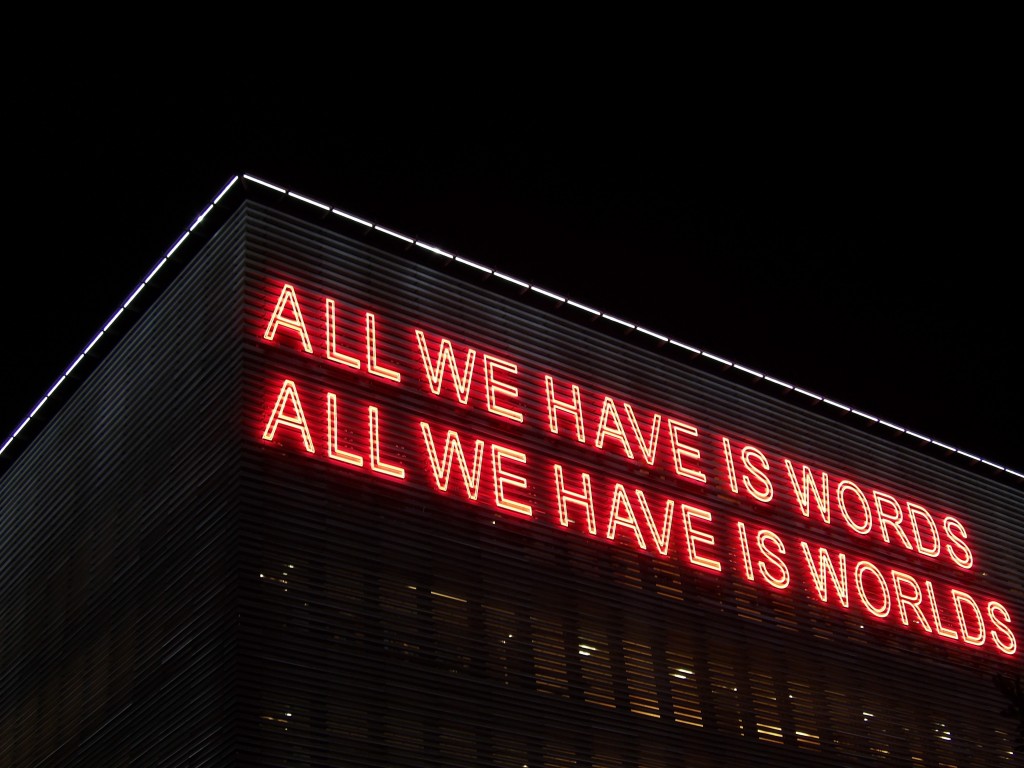Speaking on and about black male students continues to be a fundamental concern of mine. That is because even words like concern carry connotations that interrupt interpretation. And when we speak on and about black male students, interpretation is central to understanding. The older I get and the more I go through my own personal transfigurations with the way I dress or the hairstyle I chose to adopt, the clearer this idea of how challenging it is to accurately communicate what we want to communicate when talking about black males.
The school system maintains a storage shed of words and phrases ready to deploy at any time for describing black male students. Our black boys are our most vulnerable, or our “at-risk” ones, or the underachievers, the disadvantaged, or underserved, or our minority students. The list of descriptors goes on and on. When speaking on their plight, we offer our pre-stamped condolences through nouns and verbs like concern, or challenge. It is no wonder we seem lost in white man’s land – spinning our wheels in the vehicle of progress only to end up in the same position over and over again.
Crafting an email to staff in regards to starting a club for black boys, I am stuck at the first sentence. It reads, “The academic and social underachievement of many minority males in our school (system) continues to be a challenge.” And in writing that, I can’t help but think of the different readings a simple sentence like that will arouse. I anticipate some colleagues reading that and thinking to themselves, “You damn right, what’s wrong with them?” I foresee others interpreting the collection of words through a more sympathetic tone, reading the word challenge as a thing to be guided and nurtured. While others may read that same word, challenge, thinking that I am on their side, which I am not, assuming that I am speaking as a war commander and not as a teacher, and offering a pep talk towards engaging in a battle against our black boys that is to be either won or lost. Yet, because of the politically correct nature of my profession, some will probably stick on my use of the word minority students. And that is no fault of theirs; they think I am talking about all minority students when truly I am too much of a coward to use the word “black boys” in an email.
So I’m stuck writing an email proposing to run a group for my most vulnerable, needy, strong-headed, confident, brave, broken, suffering, “at-risk”… black students. Because I can’t write a word past the first sentence. It is hard for me to finish the email and push send – I don’t want the words that I am using to speak on and about our black students to be read the wrong way. And I think that is where, in one way or another, we all are. At a loss for words.
[share title=”Share this Post” facebook=”true” twitter=”true” google_plus=”true”]

